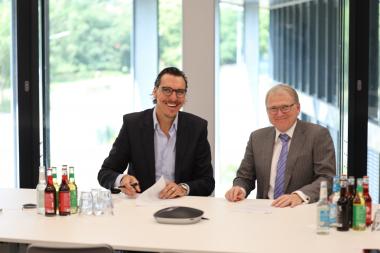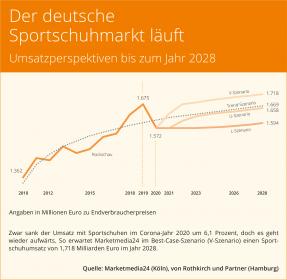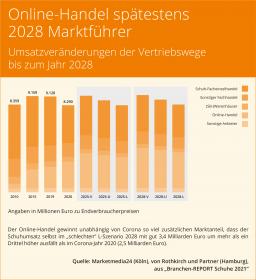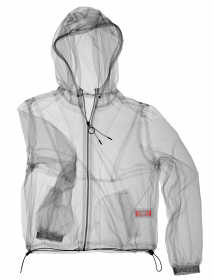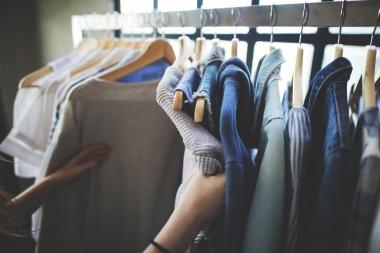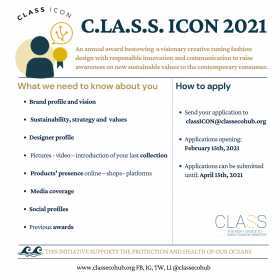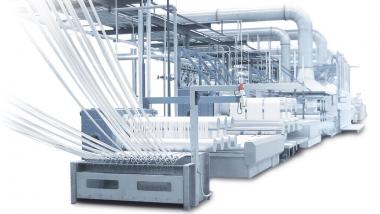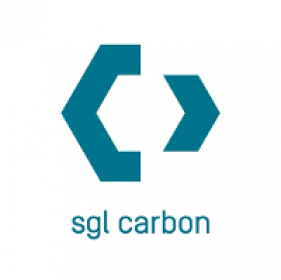Deutsche Lichtmiete kooperiert mit Artemide
- Premiummarke aus Italien jetzt auch mit Light as a Service Mietkonzept
Zwei Spezialisten für individuelle LED-Lichtlösungen bündeln ihre Aktivitäten in einer strategischen Partnerschaft. Die Deutsche Lichtmiete ist mit ihrem Mietkonzept und Produktportfolio Marktführer für Light as a Service (LaaS) in Europa. Der italienische Leuchtenhersteller Artemide ist als Hersteller für Designleuchten und Innovationsführer in der Lichttechnologie weltweit etabliert. Über die Kooperation nutzen beide Unternehmen ihre Branchenkompetenz und kombinieren ihre sich ergänzenden Geschäftsmodelle. Die Premiummarke Artemide und die Deutsche Lichtmiete stehen für Innovationskraft, Nachhaltigkeit, Qualität und Erfolg im Bereich Licht. Durch die neue Vereinbarung profitieren Kunden auf beiden Seiten von dem Produkt- und Serviceportfolio.
Seit über 80 Jahren entwickelt der italienische Leuchtenhersteller Lichtlösungen, die traditionelles Handwerk, klare Formen, funktionale Technik und ansprechende Optik verbinden. Mit der preisgekrönten Schreibtischleuchte Tolomeo von Michele De Lucchi, der mit Issey Myiake entworfenen und prämierten Kollektion IN-EI oder den speziell für das Luxushotel Westin in der Elbphilharmonie Hamburg gefertigten Leuchten in Wellenform haben die Lichtspezialisten von Artemide Maßstäbe gesetzt. „Mit Artemide gewinnen wir einen Spezialisten für individuelle Sonderlösungen und Maßanfertigung, der unser eigenes Portfolio optimal ergänzt und uns neue Absatzwege und Zielgruppen eröffnet“, erklärt Alexander Hahn, Gründer und CEO der Deutsche Lichtmiete AG.
Die Deutsche Lichtmiete Light as a Service Komplettlösung bietet Industrie, Gewerbe, Gesundheits- und Kultureinrichtungen und der öffentlichen Hand eine Beleuchtungsmodernisierung mit LED-Technik. Steffen Salinger, Geschäftsführer Artemide Deutschland, erläutert: „Wir können mit unseren Lichtsystemen sämtliche Bereiche eines Projekts beleuchten und Räumen ein unverwechselbares Ambiente verleihen. Als ausgewählter Partner der Deutschen Lichtmiete sind unsere Lichttechnologien jetzt auch mit Light as a Service möglich.“
HARTZKOM für Deutsche Lichtmiete


